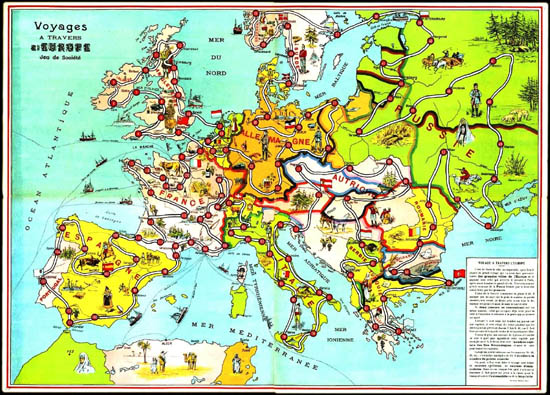 “Tour of Europe”. Table game. Paris, Musée national des Arts et Traditions Populaires
“Tour of Europe”. Table game. Paris, Musée national des Arts et Traditions PopulairesThe Central European player, of course, immediately looks at the middle of the map… where something went awfully confused. Hungary seems to be shaped with a chopping-ax, its northern neighbor’s name is Austria instead of Czechoslovakia, while its southern neighbor is a large noname country, with a small Serbia and Montenegro in its lower corner.
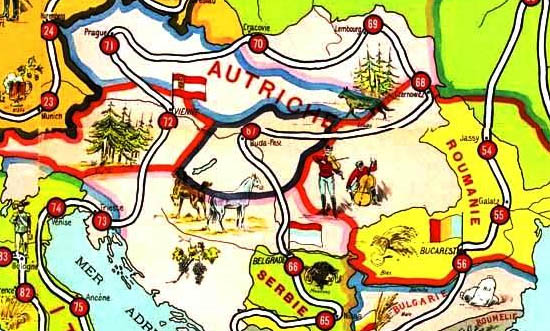
It takes time to realize that this large unnamed country, with the Slavonian horses, the Bosnian vine, the Transylvanian Gypsy musicians, the Austrian and Galician pines and the Carpathian wolf is one and the same empire.
The original thin borders and colored countries of the map, published by Léon Saussine, the leading Parisian game producer at the turn of the century, represented pre-WWI Europe, sometimes between 1908 (Bosnia is already part of Austria) and 1913 (the Sandžak is still part of Turkey). The game, however, seems to have been not quite sold, obviously because the players began massive state-financed real-life long voyages throughout Europe. And when the time of table games returned again, the French, as in real life, had to redraw the map.
“If the player steps on a capital city, he must remain there until all the other players throw once more again, because time must be devoted to the visit of such important cities.”
The doubled number of capital cities thus perceivably slowed down progress on the map, just as in the reality.
“Three extra points are given to the player who can tell to which country the given capital belongs. For example, when entering on number 3: London is the capital of the British Isles, and so on, about all the capital cities.”
The inhabitants of Paris, the incomparable city have thus set a difficult lesson to themselves by retayloring Europe and multiplying the Eastern European small states. No wonder if in this happier western half of the continent, which conspicuously lacks the colorful thick new frontiers, dialogues of this kind were noted even ten years later:
| “And where do those Hungarians live? In Hungary. Between Austria, Romania, Czechoslovakia and Yugoslavia. Come on please… These countries were invented by Shakespeare.”
Antal Szerb: The Pendragon Legend, 1934
|
“The voyage can be covered as desired, by bike or automobile.”
The Central European player thinks with nostalgia about the happier western half of the continent, where after the great cataclysm they did not have to start everything from zero, to change homeland or language, to live in wagons for years, but they only took out the pre-war table games, painted the new borders on them, and then everything went on in its own way, by bike or automobile.
“The winner is he who completes this large circle by returning the first to Paris. The winner takes it all.”
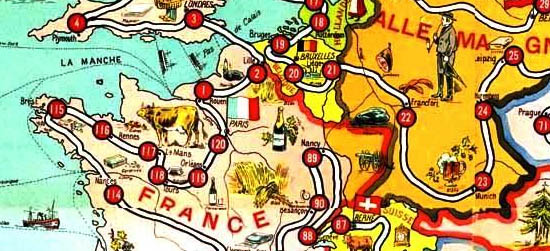
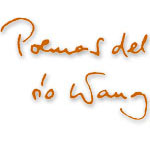




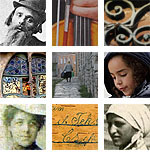
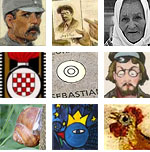
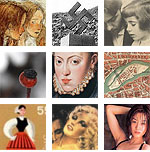
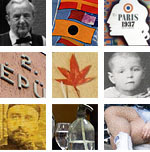
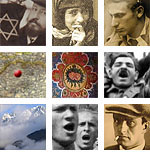
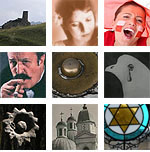
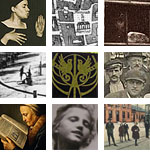
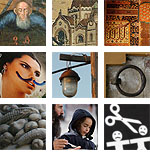
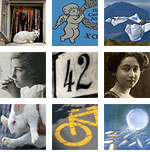
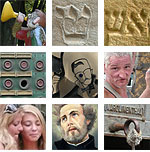
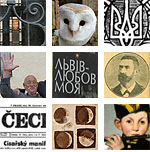
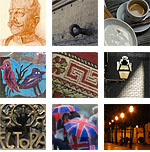
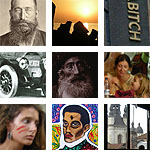
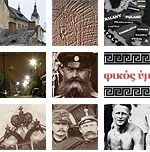
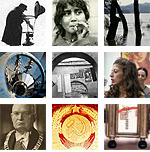
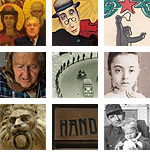
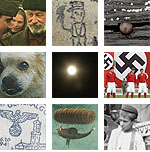
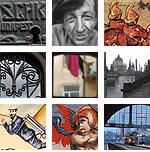
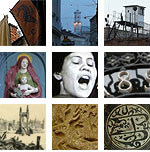
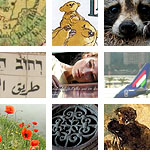
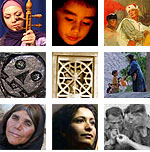
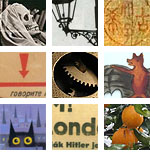
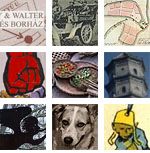
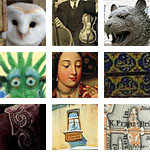
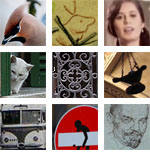
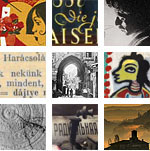
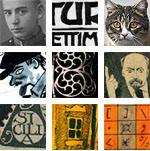

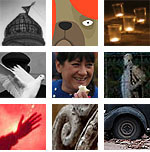
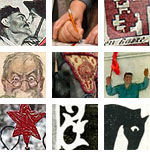
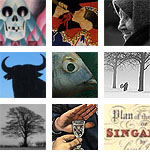
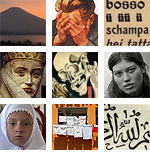
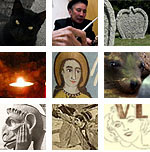
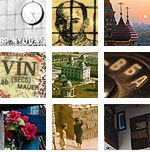
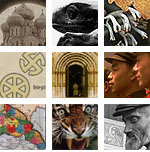
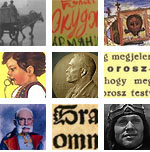
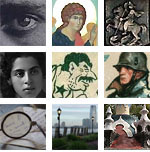
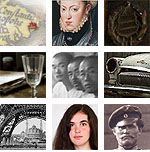
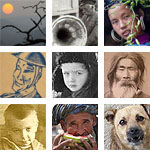
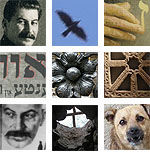
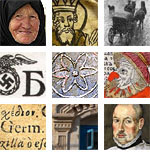
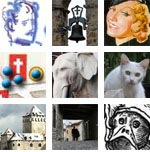
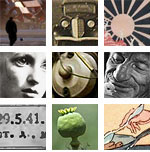
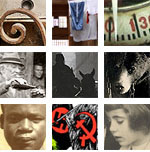
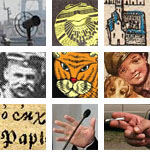
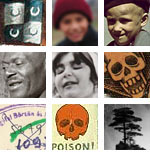
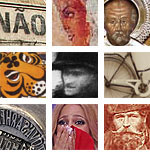
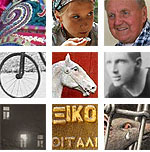
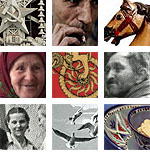
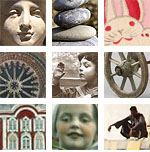


No hay comentarios:
Publicar un comentario